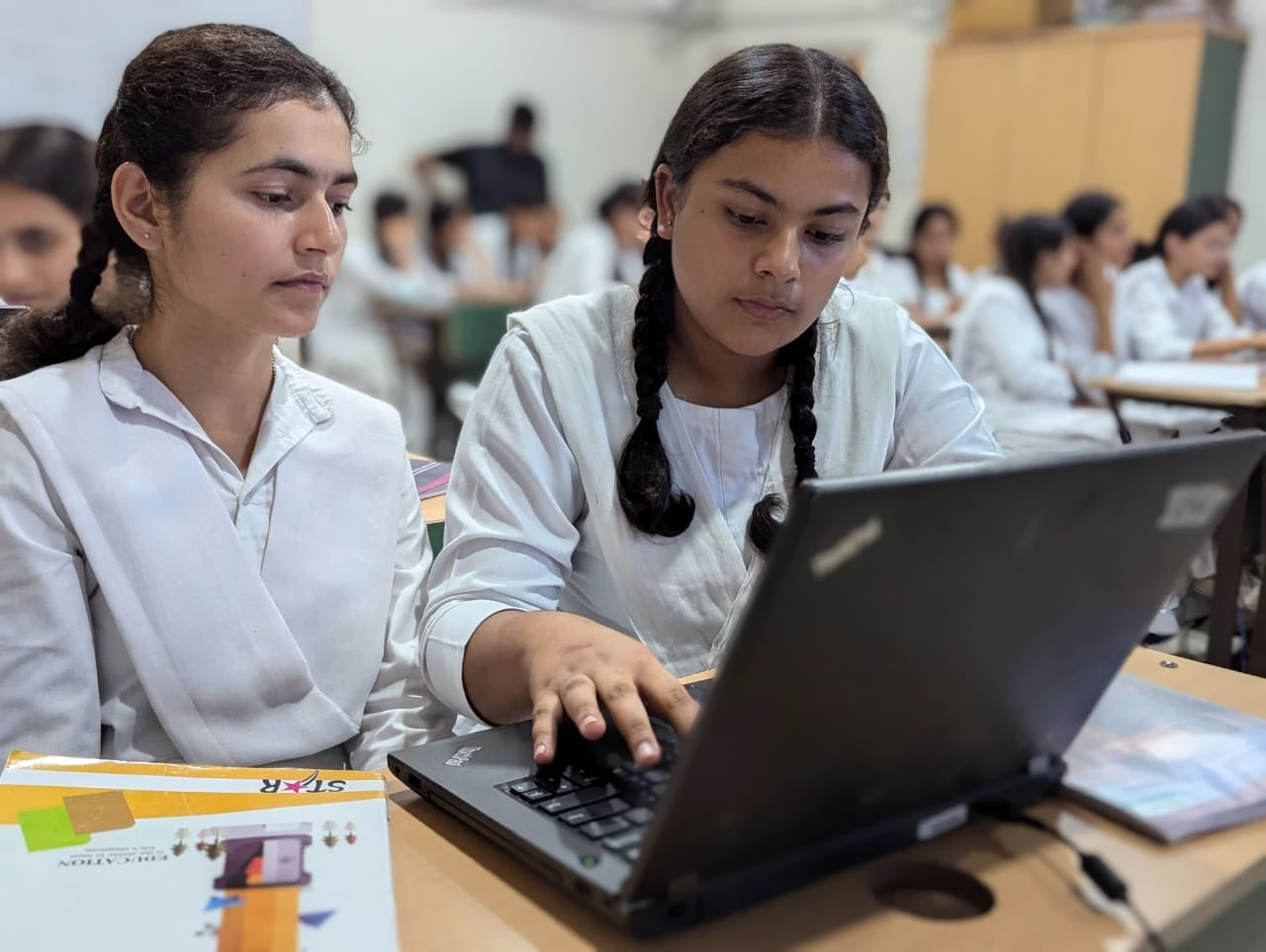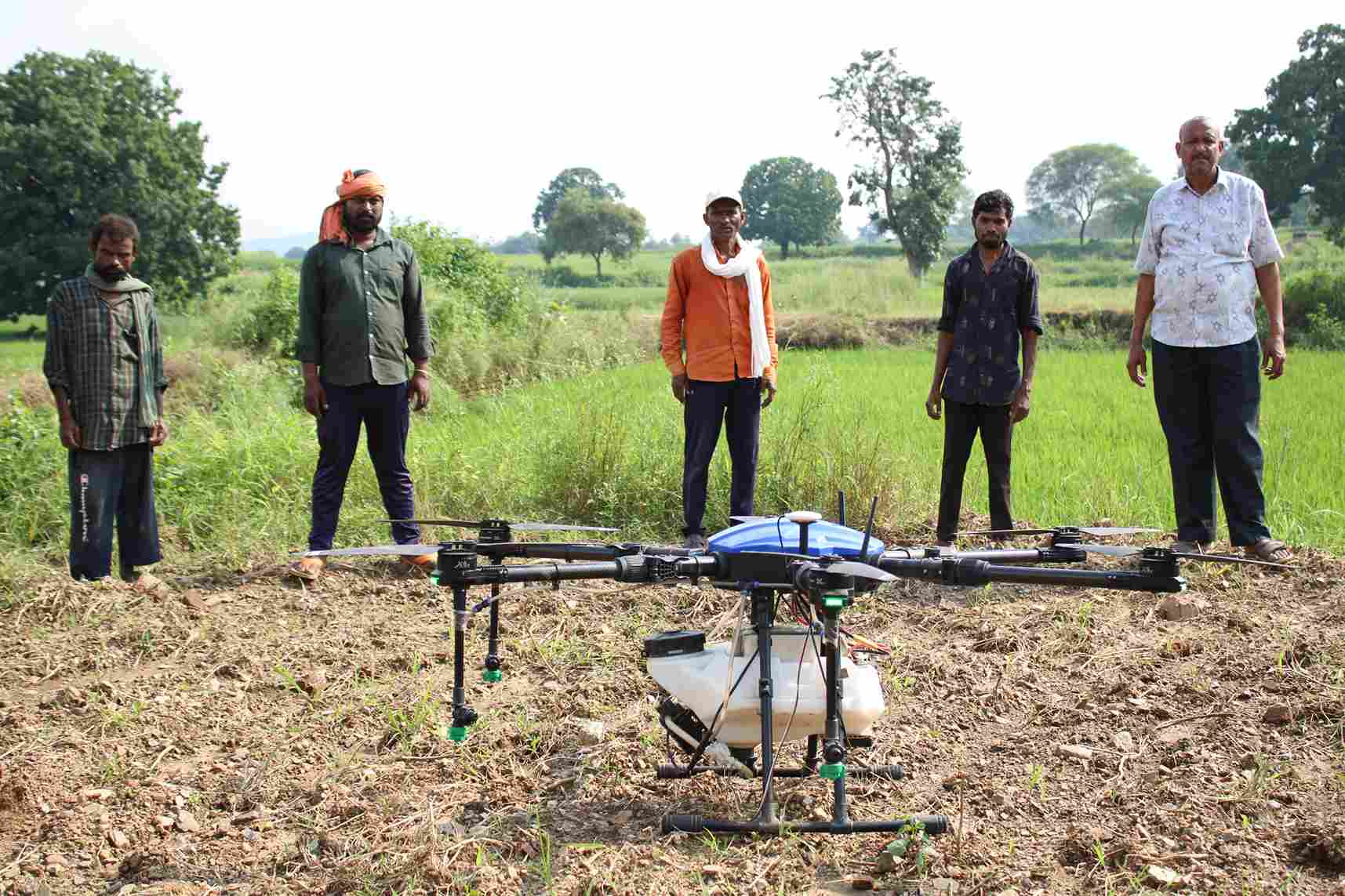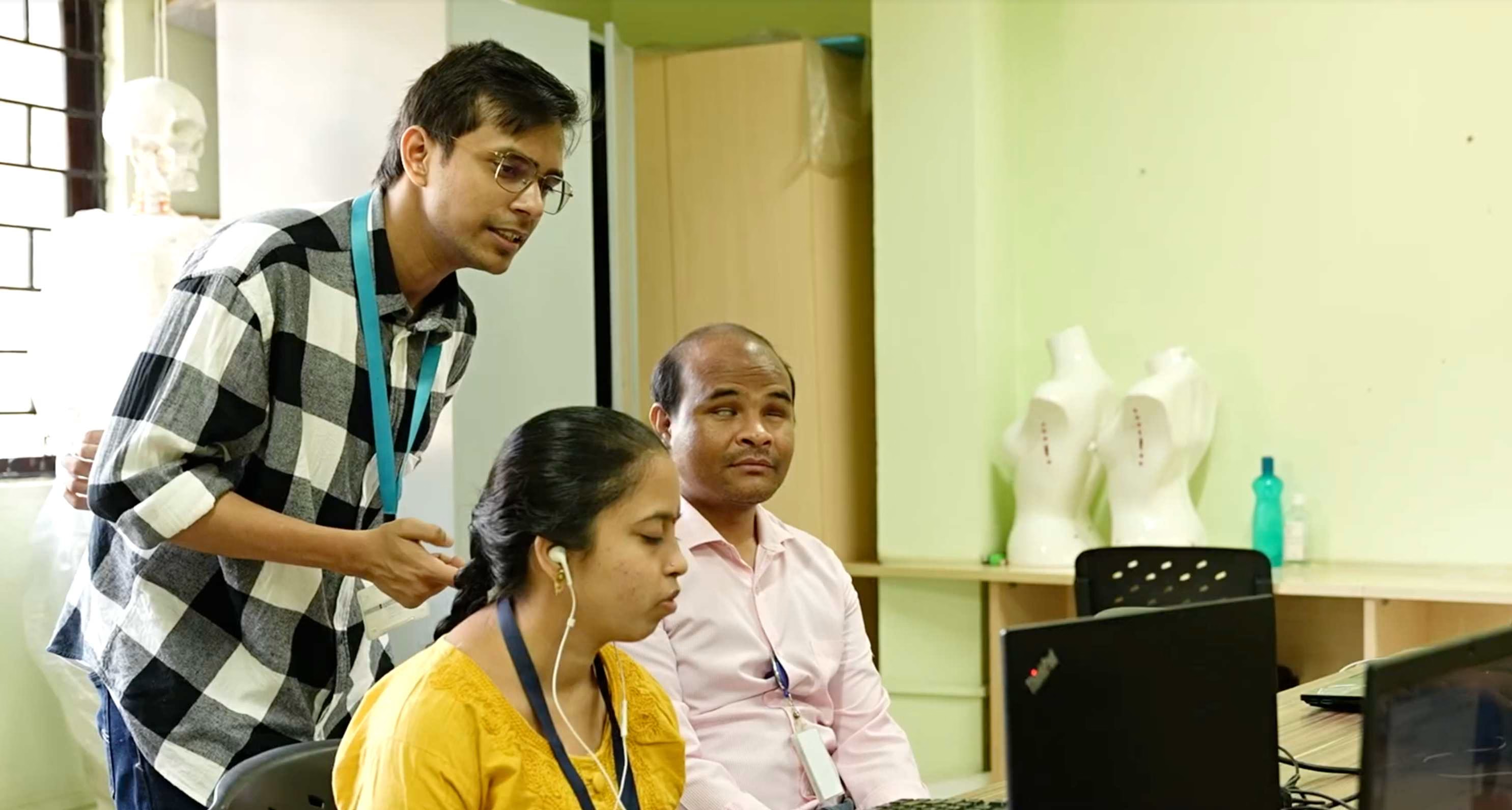This article is sponsored by nasscom foundation
How do you help a visually impaired person navigate through busy cities?
How do you help youngsters manage their mental health issues?
How do you resolve agricultural issues like post-harvest losses and disease attacks on crops in rural India?
These are some of the problem statements startups incubated at thingQbator, have solved using technology. This programme has enabled students to transform their ideas into thriving ventures through guidance, mentorship, and funding — encouraging them to become job creators rather than job seekers.
A CSR initiative by Cisco, in partnership with nasscom foundation under the Social Innovation For Youth (SIFY) initiative, thingQbator provides a platform for young minds to be nurtured and transformed into future-ready creators.
This platform serves as a ‘mind gym’, where students can engage in a dynamic learning cycle enriched with mentorship programmes and workshops. These programmes cover a range of topics — from current to emerging technologies and entrepreneurial skills — ensuring participants are well-prepared for the complexities of modern business and technological landscapes.
Rostow Ravanan, chairperson of nasscom foundation, highlights, “At nasscom foundation, we believe in the transformative power of technology and innovation to address pressing societal challenges. thingQbator is a testament to this belief, providing young innovators with the tools, mentorship, and resources they need to turn their ideas into impactful solutions. From enhancing agricultural practices to empowering the visually impaired, some of the innovations are inspiring and underscore the importance of nurturing the next generation of problem-solvers.”
Over the past six cohorts, more than 3,800 unique ideas have been submitted to the programme, resulting in the development of over 360 prototypes. These efforts have fostered the creation of 58 startups, 28 of which have received seed grants of Rs 5 lakh, along with incubation support.
Let’s delve into the transformative journeys of some of these startups.
Cultivating minds and fields
In the heart of rural India, where educational resources are often limited, ‘CoGrad’ is on a mission to bring quality education to the forefront. This startup is creating a network of affordable, tech-enabled schools that bridge the educational divide. Through a combination of trained teachers, teacher-assistive AI, and a unified learning platform, CoGrad is transforming the learning experience for students.
Imagine a classroom where children, previously limited by their geographical constraints, now have access to a world of information and technological training. With over 50,000 students already benefiting from their programmes, CoGrad is empowering the next generation of rural India with the tools to succeed in a digital world.


Meanwhile, ‘Agrichikitsa’ addresses agricultural challenges by introducing integrated and technology-based farming practices in Madhya Pradesh and Uttar Pradesh. By establishing Agri Chikitsa Centres at the Gram Panchayat level, this startup is introducing integrated and technology-based farming practices to local farmers. These centres are a beacon of hope for farmers grappling with post-harvest losses, pests, weeds, and crop diseases.
Through smart farming methods, over 600 farmers have already seen a 20 percent increase in their income. These centres offer crucial information on Integrated Nutrients Management (INM), Integrated Pest Management (IPM), and Crops Health Management (CHM), equipping farmers with the knowledge to cultivate healthier, more profitable crops.
Empowering the visually impaired and nurturing mental wellbeing
In the bustling city of Noida, ‘Perception.ai Private Limited’ is harnessing the power of generative AI to digitally empower the visually impaired. This startup offers a suite of tools designed to foster independence and enhance employability among the visually impaired community. Their platform provides courses on the latest software and an assistant bot that guides users through their learning journey.
By facilitating job opportunities and enabling individuals to explore and learn new technologies, Perception.ai is breaking down barriers and creating a more inclusive society. The startup’s efforts are geared towards ensuring that visually impaired individuals are not just participants but leaders in the digital age.

Addressing the often-overlooked realm of mental health, ‘Raahee’ is making significant strides in providing accessible support and therapy. Through its empathetic and humanist approach, Raahee’s platform offers an application and website that connect users with therapists from across the country. With over 1,000 users already benefiting from their services, Raahee is advancing the crucial social cause of making mental healthcare affordable and dismantling its associated stigma.
The thingQbator programme
‘thingQbator’ began in 2018 as a maker space for Cisco’s engineers to don their innovation caps and transform their ideas into working prototypes. The success of this internal incubator prompted the company to scale it up in partnership with nasscom foundation and open it to universities across the country to promote entrepreneurship.
The initiative encompasses a four-stage programme, nurturing the transformation of ideas into thriving ventures. From the ideation stage to incubation, the top 10 teams are granted a seed fund of Rs 5 lakh, marking the transition of their social ventures into reality.
The seventh edition of thingQbator is currently underway, mentoring and nurturing undergraduate and postgraduate students with a vision aligned with the United Nations’ Sustainable Development Goals (SDGs).
Apart from incubating new startups, thingQbator also offers a myriad of learning opportunities for students across the country. This learning platform offers over 18 courses in hardware and software that students can complete at their convenience to enhance their technical skills. This platform is available to all students who register. The courses cover a range of topics — from building apps using Flutter to creating websites, web development skills, and working with Raspberry Pi 3 — providing a high level of technical understanding.
Over 30,000 course completion certificates have been issued, and over 16,000 unique students have received course completion certificates as of March 2024.
By providing a platform that transcends entrepreneurial incubation, thingQbator is empowering young Indians to become the driving force behind technology and innovation. This initiative serves as a powerful catalyst, propelling the vision of a technologically advanced and socially empowered India into reality.
“I truly believe it is crucial to ignite the imaginations of young minds, and universities and other educational institutions are the ideal environments to encourage them to explore new ideas. And that’s what we aim to do through our thingQbator programme – we collaborate with universities to identify and mentor young minds, helping them shape and realize their entrepreneurial aspirations. This initiative is not just about nurturing startups, it’s about empowering the next generation of innovators to create impactful solutions for the future,” said Harish Krishnan, Managing Director & Chief Policy Officer, Cisco India & SAARC.
Edited by Padmashree Pande & Pranita Bhat; All images courtesy nasscom foundation
No comments:
Post a Comment